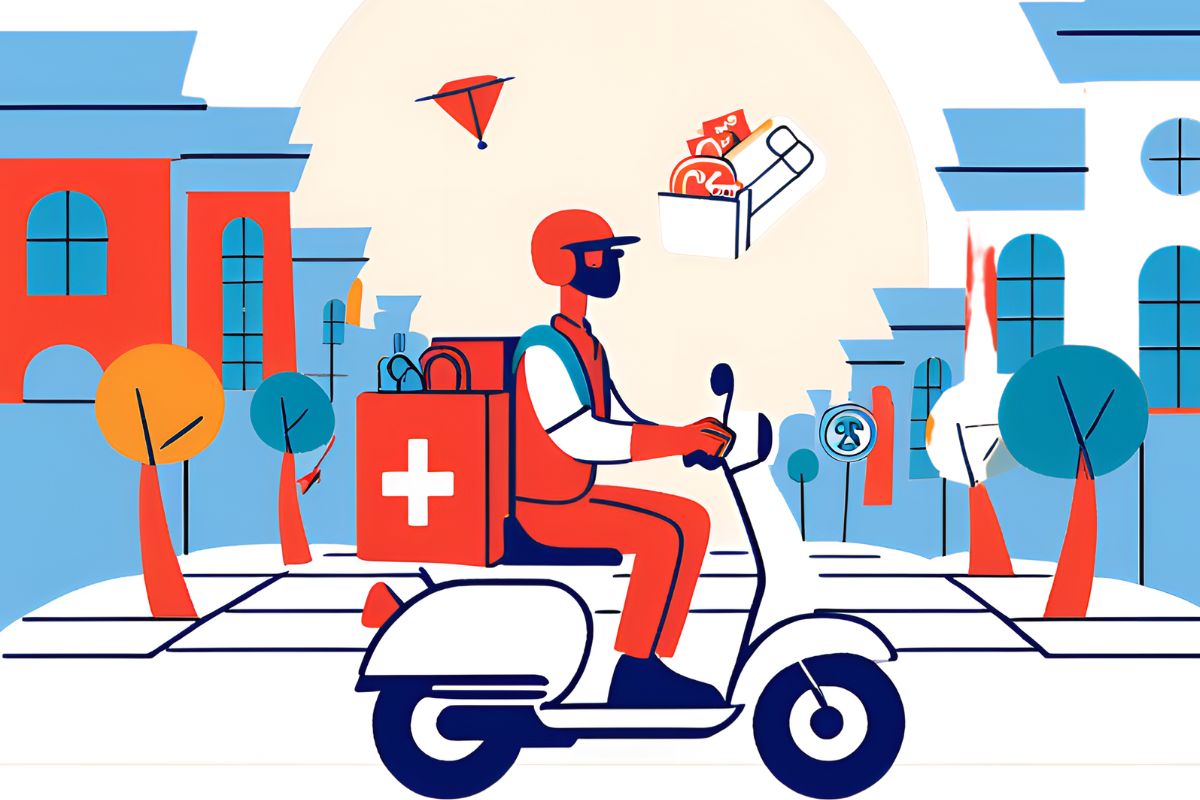Emergency contraception or morning after pill is sold in any pharmacy. There are two kinds of pill-form emergency contraception: the morning after pill (la pillola del giorno dopo) sold under the brand name Norlevo (goes by the name Plan B in the U.S.), and EllaOne (goes by the name Ella in the U.S.). The first one is most effective in preventing pregnancy when taken up to 72 hours after unprotected sex while EllaOne can prevent pregnancy when taken up to 120 hours (five days) after unprotected sex. Body weight can also impact the morning after pill’s efficacy, i.e. the greater your BMI, the less potent the pill will be. Those weighing over 165lbs should not take Norlevo as is may not be potent enough for the desired effect. When taken correctly, Nolevo has a 95% success rate in preventing pregnancy and EllaOne has a 98% success rate.
The sooner you take emergency contraception, the more effective it is likely to be. Emergency contraception does not protect against STDs/STIs. Emergency contraception costs between €10 and €30 for one dosage, depending on the brand used. Norlevo requires a prescription but EllaOne does not. You can walk into any pharmacy and ask for EllaOne without a prescription, but don’t forget to bring your ID.
NOTE: emergency contraception only prevents fertilization of the egg (that is the sperm meeting and penetrating the egg). Sperm can live inside your body for up to 6 days after sex, waiting for an egg to be released into the fallopian tubes. If ovulation occurs during this period, the sperm can meet the egg and cause pregnancy. Emergency contraception is not an abortive measure and does not terminate a pregnancy, no matter how recently the egg was fertilized. Morning-after pills work by temporarily stopping your ovary from releasing an egg.
If you are using birth control correctly and continuously every time you have intercourse, you should not need emergency contraception. Emergency contraception should not be used as a regular form of birth control.
Side effects of using an emergency contraception pill include headaches, dizziness, lower abdominal pain, tender breasts, or unexpected vagina bleeding. However, these symptoms should stop within a day or two. A delayed menstrual cycle is also possible but no emergency contraceptive pills are known to have long-term or serious side effects. If you fail to get your period in three weeks after taking emergency contraception, take a pregnancy test.
For more information on the side effects of emergency contraception, see here: http://ec.princeton.edu/questions/ecsideeffects.html or www.webmd.com/sex/birth-control/plan-b#1.




